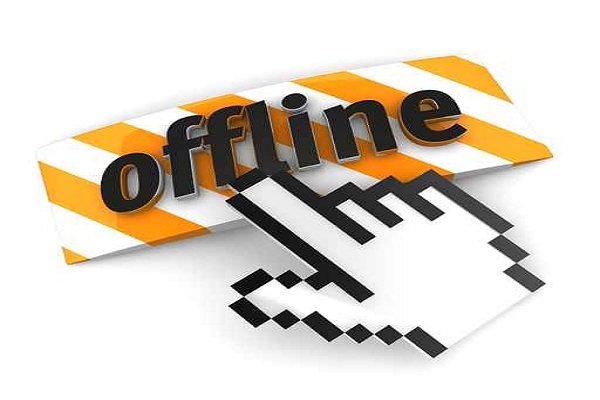UK ISPs block 1/5 websites on child protection grounds
ISPs are blocking perfectly legal web pages in an attempt to protect children from the internet, a study suggests

UK Internet Service Providers (ISPs) are blocking almost one in five websites in an effort to protect children from adult content.
In some cases the blocked sites contained no illegal content and had no reason to be kept from the public.
The Open Right Group (ORG) revealed that 19,000 out of 100,000 sites tested by it were blocked by at least one ISP. It discovered the trend as part of the "Blocked" project a scheme that tries to help out sites that have been wrongly filtered.
The blocked content found by ORG included an article on postnatal care, a feminist rights blog and a salesman's sportscar website.
That such a wide variety of normal sites have been blocked indicates that ISPs are "not consistent in protecting children", according to ORG.
The group found that TalkTalk was the most likely to block a website, as it filtered 13,126 pages, while BT followed in second place with 5,229. The ISP least likely to block a website was found to be Plusnet, which only blocked 2 out of the 100,000 tested.
Those affected by the blocks have shed light on how being wrongfully labelled as inappropriate has affected their operations.
Get the ITPro daily newsletter
Sign up today and you will receive a free copy of our Future Focus 2025 report - the leading guidance on AI, cybersecurity and other IT challenges as per 700+ senior executives
Paul Staines, editor of political blog Guido Fawks, hit out at TalkTalk, who blocked his website: "The only people who block us are them and the Chinese government," he said.
"Through the Blocked project we wanted to find out about the impact of web filters ... and the problem of overblocking seems much bigger than we thought," said Jim Killock, executive director at the Open Rights Group.
"Different ISPs are blocking different sites and the result is that many people, from businesses to bloggers, are being affected because people can't access their websites," he added.
"Social networking filters are not switched on by default, and we will only filter out blogs and social networking sites when a customer has actively logged into their online account area and chosen to enable filters for this specific type of content," a TalkTalk spokesperson told IT Pro.
"There is also a clear description of what each category covers so customers are making an informed decision."
-
 Westcon-Comstor and Vectra AI launch brace of new channel initiatives
Westcon-Comstor and Vectra AI launch brace of new channel initiativesNews Westcon-Comstor and Vectra AI have announced the launch of two new channel growth initiatives focused on the managed security service provider (MSSP) space and AWS Marketplace.
By Daniel Todd Published
-
 Third time lucky? Microsoft finally begins roll-out of controversial Recall feature
Third time lucky? Microsoft finally begins roll-out of controversial Recall featureNews The Windows Recall feature has been plagued by setbacks and backlash from security professionals
By Emma Woollacott Published
-
 Pirate Bay goes mobile
Pirate Bay goes mobileNews The mobile version of Pirate Bay will include separate TV, music and movie sites
By Clare Hopping Published
-
 Piracy warnings to be emailed to perpetrators
Piracy warnings to be emailed to perpetratorsNews Those who repeatedly download pirated material will receive up to four warnings advising them of the law
By Clare Hopping Published
-
 GCHQ taken to court by ISPs over network spying
GCHQ taken to court by ISPs over network spyingNews GCHQ under threat of lawsuit from ISP companies angered over Snowden spying revelations
By Alex Hamilton Published
-
 ISPs criticised for lenient stance on illegal downloads
ISPs criticised for lenient stance on illegal downloadsNews New proposals will see ISPs write to illegal downloaders, but they won't be threatened with legal action
By Caroline Donnelly Published
-
 Online porn filter "blocks" League of Legends game patch
Online porn filter "blocks" League of Legends game patchNews ISP security settings blamed for botched downloads.
By Caroline Donnelly Published
-
 Online porn block proposals by Government panned
Online porn block proposals by Government pannedNews Updated: Prime Minister's anti-porn measures picked over by industry watchers.
By Caroline Donnelly Published
-
 Google invests $7m in eradicating child abuse from the web
Google invests $7m in eradicating child abuse from the webNews Search giant ploughs investment into organisations and technologies that will curtail online access to offensive content.
By Caroline Donnelly Published
-
 High Court tells UK ISPs to block The Pirate Bay
High Court tells UK ISPs to block The Pirate BayNews Sky, Everything Everywhere, TalkTalk, O2 and Virgin Media will have to block access to file sharing website.
By Khidr Suleman Published